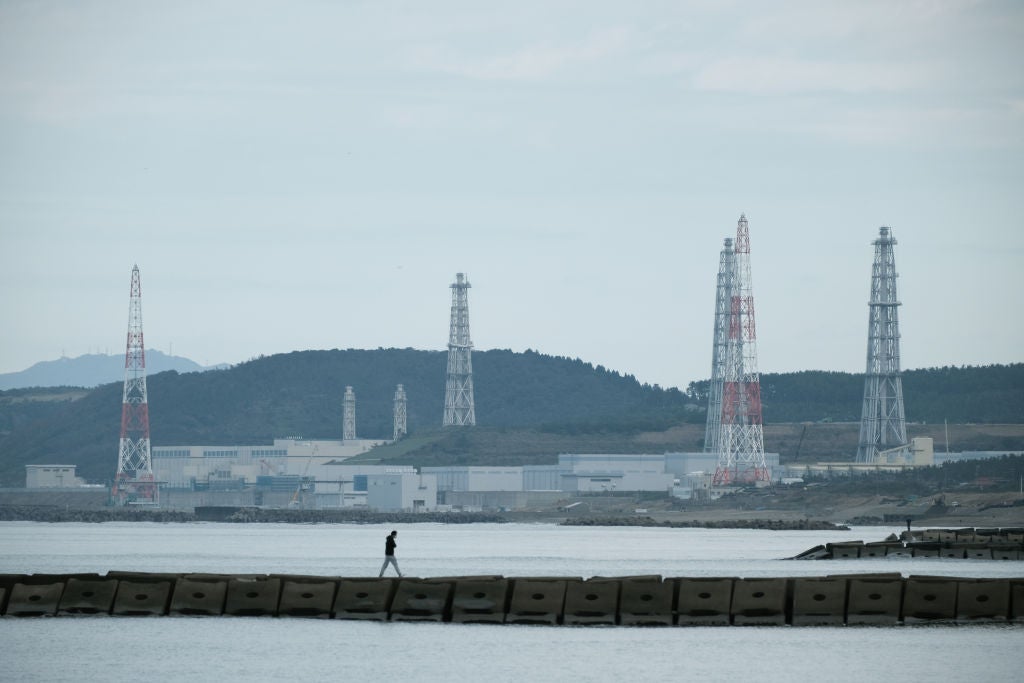
Umar Ali (UA): How important is it for Europe to develop a hydrogen market?
Nils Røkke (NR): Hydrogen is very important in the future energy mix. The world cannot reach its targets to reduce global warming without hydrogen, both zero emission electrons and molecules are needed.
The transport industry will benefit from a hydrogen economy. When electricity is not an option, heavy duty vehicles, trains and marine transport can use hydrogen combined with biofuels and/or batteries. Hydrogen can also be used in the shape of ammonia.
In addition, hydrogen can be made affordable and at scale both from electrolysis and from natural gas with CCS. Increasing emissions costs and potential new legislation will likely make hydrogen an attractive and viable option.
What’s more is that we will need weekly to seasonal energy storage, considering a future energy system dominated by intermittent electricity production. Besides being key to reducing emissions, Europe can gain a competitive edge in technologies and systems to realise the hydrogen economy.
This is not a European issue; hydrogen will be needed to decarbonise the global economy. We must step up the efforts and stay in the front of this development as we see Japan investing heavily into the hydrogen future.
UA: What is the best way for this hydrogen market to be developed?
NR: Regulations and legislation will be key for developing the hydrogen market. When targeting zero emission mobility both batteries and hydrogen will be part of the solution. The market is extremely well suited to develop solutions within a set framework. The new framework is zero emissions. It also pertains to the industrial sector and power production of course. Governments also need to incentivise such development in the infantile phase – we see this happening for all renewable technologies.
How well do you really know your competitors?
Access the most comprehensive Company Profiles on the market, powered by GlobalData. Save hours of research. Gain competitive edge.

Thank you!
Your download email will arrive shortly
Not ready to buy yet? Download a free sample
We are confident about the unique quality of our Company Profiles. However, we want you to make the most beneficial decision for your business, so we offer a free sample that you can download by submitting the below form
By GlobalDataThe infrastructure issue will have to be supported by government and here electrolysis and hydrogen form natural gas with CCS is complementary. Smaller (although in MW scale) production is best suited to electrolysis [from renewable power] whereas large-scale production is best suited to natural gas-based hydrogen with CCS.
Over time I hope this will change so that we have enough renewable power to make it sensible from a European power mix perspective to produce really large-scale hydrogen by electrolysis.
UA: Are the 2050 climate targets set by a number of countries achievable?
NR: I am optimistic and happy to see the beauty contest in Europe for reaching net zero fastest. The UK, Sweden, Finland, Denmark and the Netherlands are forerunners here. It is a massive task and must be undertaken so that the population is central in this transition.
Or else we will see a lot of resistance in changed and increased land use, lifestyles and various technologies to mention a few areas. I think this could be the pivotal aspect, acceptance for the required changes. I see the youth movement on climate as encouraging in this respect.
UA: How can Norway change the European mindset when it comes to CCS?
NR: Being able to store CO₂ safely and isolate it from the atmosphere is very important for many industrial activities in a Europe that is moving towards climate neutrality within 2050. This pertains to cement, steel, power, large-scale hydrogen production and climate positive solutions.
Each European country is very different, and accordingly we need a broad approach to reach their specific goals. Norway has made efforts to increase CCS projects and the best way to change the European mindset is to show that CCS is possible, crucial and a mandatory investment in addressing the climate goals set in Paris.
I would say that CCS has become more pressing now, as all member states do their maths on how to reach 40% reduction by 2030 and zero by 2050. CCS is mandatory to reach these targets – I am also afraid that the carbon removal technologies are needed. Be it direct air capture or bio-CCS, storage is the deciding parameter.
UA: How can European countries quickly implement and scale CCS technology?
NR: Recognise that we need to store CO₂ to reach our climate targets. Europe should do what it can to decarbonise the energy mix – by efficiency and electrification but there will be need also for zero emission fuels and zero emission industrial processes. These must have storage available.
Zero emission fuels translate into hydrogen and ammonia, and for large scale deployment we need to utilise the fast track of converting natural gas into hydrogen and store the CO₂ being produced in that process. It will pave the road towards the hydrogen economy.
Most areas that today use natural gas can be shifted to hydrogen with massive reductions of greenhouse gas emissions. This could amount to over 800 million tons of CO₂ being reduced in itself. To realise such initiatives, storage and transport facilities needs to be available which will enable decarbonisation of other sectors.
UA: How can you see climate change efforts progressing in the future?
NR: Much stronger, if we are serious about our targets. It is amazing how our growth has been fuelled by unabated fossil fuels. The youngsters taking to the street to protest against slow progress of climate will be voters in 5-10 years.
This could create a new momentum and support for more active policies, I think Ursula von der Leyen [President-elect of the European Commission] has understood this and is now proposing the European Green Deal for the new Commission and climate as central in the policy.
This could change the European landscape for the time to come in terms of progress. And the Green New Deal is not a European invention. In the US there are also strong forces to change towards climate as a top priority in policy making.







